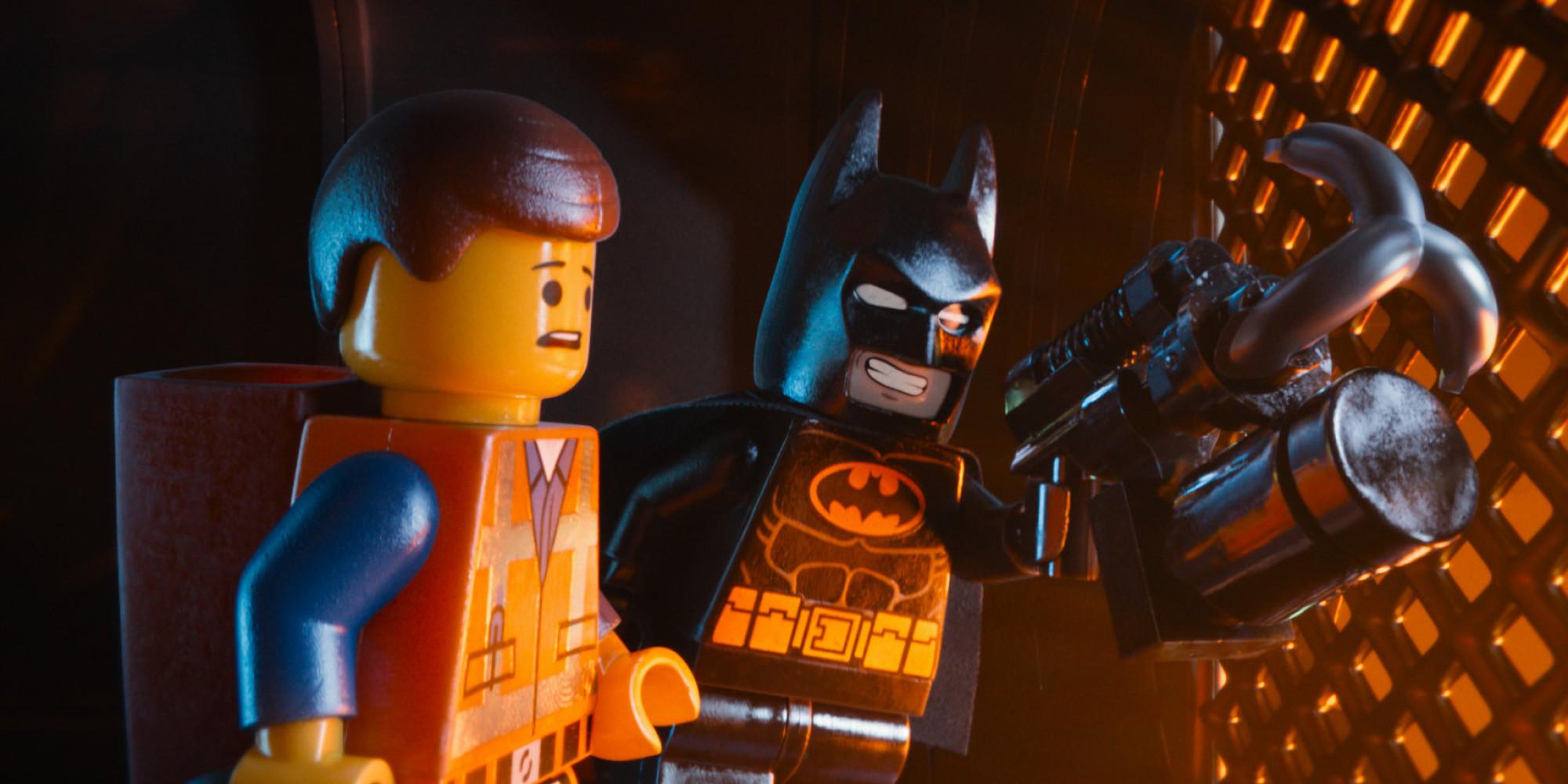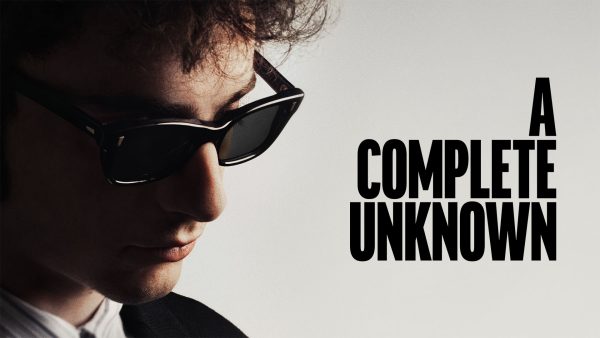“The LEGO Movie” Wickedly Funny, Subversive Kids Film
There’s few reasons not to be skeptical about The Lego Movie. When one thinks about shamefully corporate filmmaking, projects based on games tend to inspire the most ire — think Battleship, think Transformers: Revenge of the Fallen. But when one considers the problems of those films, it wasn’t so much that they were based on toys, it was that their ambitions never stretched beyond what the toys would allow them to do. The Lego Movie, however, has an inherent advantage in that Legos encourage a childlike sense of creativity and personal innovation — and it’s this gleeful, carefree spirit that makes this movie so special. Imagine if Luis Bunuel added his surrealist touch to the plot structure of The Matrix, added the genuine warmth of a Toy Story installment and infused it all with counterculture, anti-corporate ideas that wouldn’t be out of place on a Sex Pistols album.
The polite way to say it: The Lego Movie can be enjoyed by parents and kids alike.
The impolite way to say it: The Lego Movie is totally batshit awesome.
This isn’t too large of a surprise, however. Just taking a look at the creative talent behind The Lego Movie is enough to assure one of its quality — writer/directors Phil Lord and Christopher Miller have had great luck in the past taking corporate properties and infusing humor and creativity to them; one needs only look to their hilarious 21 Jump Street reboot and the endlessly rewatchable Cloudy with a Chance of Meatballs to be assured of this.
Their film is set in a world composed entirely of Legos — the people, the architecture, the pets, et cetera. Happily existing within this rigidly structured world is protagonist Emmet, a construction worker whose lack of intelligence is matched only by his relentlessly perky demeanor. This world is dominated by President Business (a hilarious Will Ferrell), a man whose obsessive control over every facet of the Lego universe has led to a forthcoming plan to end the world. (Or something like that. It doesn’t matter much.)
Luckily, there exists a legion of “Master Builders”, godlike figures within the film, whose prophetic vision enables them to rebuild anything they like into their own vision — which include but are not limited to Batman, Shaquille O’Neal, Abraham Lincoln, Gandalf, Michelangelo, Dumbledore and the 2002 NBA All-Stars. (It’s not hard to see the film’s primary struggle as dying creativity in a corporate world, but more on that later.) Emmet enters the tutelage of the “Master Builders”, thus setting the film into motion, but to reveal more would be a disservice. It certainly uses the Lego brand as an endless toolbox of established, famous characters to rip and subvert, but the story only enters weirder, more weirdly touching territory with the introduction of live-action characters in the third act.
The animation, handled by Robot Chicken studio Animal Logic, is some of the most oddly beautiful imagery in theaters. While intentionally jerky and choppy at points (in order to properly emulate real-life Lego physics), the visuals are still wildly diverse and immaculately handled.
But where The Lego Movie gains its unexpected depth is in its passionate values. The film’s villains, President Business and a hilariously switching Good Cop/Bad Cop figure (voiced by a game Liam Neeson), are pushing an agenda of corporate complacency and creative sameness, which means The Lego Movie ends up as a sort of love letter to the creative boundlessness and bizarre humor of one’s youth — one eager to push its protagonists to places of loving subversiveness, doing the same with the audience in the process. This is a film whose massive success is to be celebrated, not feared.










